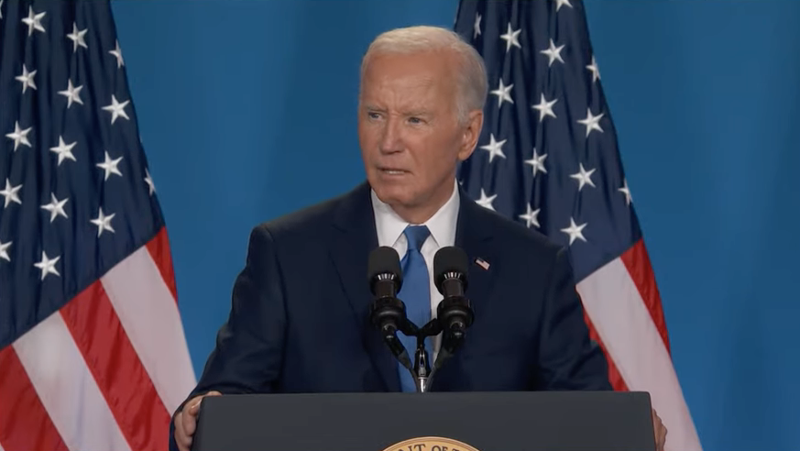President Joe Biden commuted the sentences of 37 of the 40 Americans on death row on Monday.
Biden’s actions mean those convicted will now face life in prison without possibility of parole, not execution.
The three who will remain on death row are:
Robert Bowers, who was convicted of killing 11 at a synagogue in Pittsburgh, Pa.Dylann Roof, who was convicted of shooting nine at a Black church Charleston, S.C.Dzhokhar Tsarnaev, the 2013 Boston Marathon bomber convicted of killing three and injuring more than 250 people.
“[Biden] believes that America must stop the use of the death penalty at the federal level, except in cases of terrorism and hate-motivated mass murder – which is why today’s actions apply to all but those cases,” the White House said in a statement. “When President Biden came into office, his Administration imposed a moratorium on federal executions, and his actions today will prevent the next Administration from carrying out the execution sentences that would not be handed down under current policy and practice.”
These commutations come after earlier this month Biden commuted about 1,500 sentences and pardoned 39. Those came just after the president announced he had issued a pardon for his son, Hunter Biden, covering more than a decade for any potential crimes, an unusual and controversial move just before President-elect Donald Trump takes office.
Democrats have expressed concerns that Trump will prosecute certain political opponents, with some calling for more preemptive pardons for those in D.C.
Regardless of the commutation, executing death row prisoners has become such a bureaucratic, labyrinthian difficulty that prisoners can sit for decades on death row.
The White House made clear Americans should expect more commutation.
“The President’s criminal justice record has transformed individual lives and positively impacted communities, especially historically marginalized communities,” the White House said in a statement. “In the coming weeks, the President will take additional steps to provide meaningful second chances and continue to review additional pardons and commutations.”







